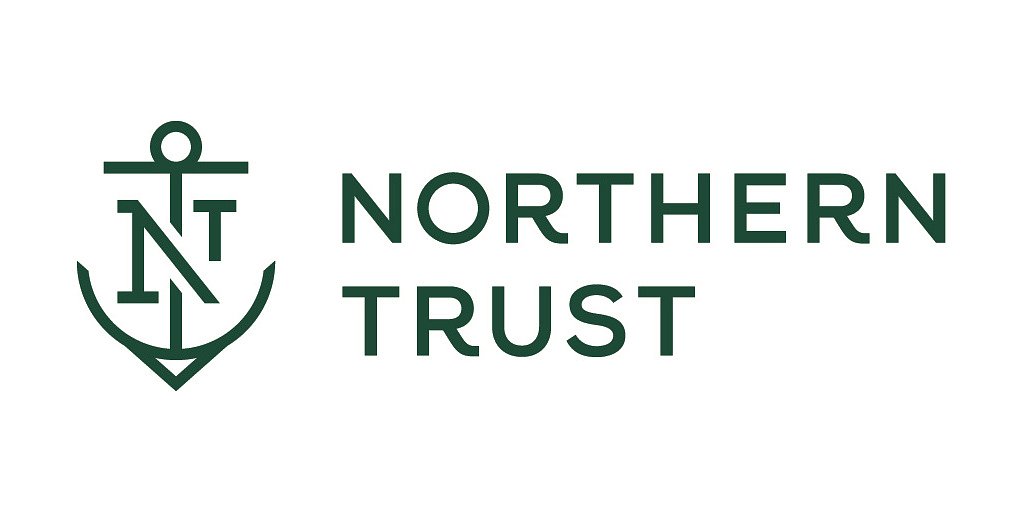
Northern Trust Bets on Resilience: Navigating Growth Amidst Global Uncertainty
Despite recession fears, Northern Trust Asset Management predicts continued economic growth, emphasizing selective investments in private assets and inflation-protected securities. A deep dive into their 2026 outlook.
Northern Trust Bets on Resilience: Navigating Growth Amidst Global Uncertainty
NEW YORK, NY – November 19, 2025
Challenging the Downturn Narrative
Contrary to widespread predictions of a looming recession, Northern Trust Asset Management is forecasting continued, albeit modest, economic growth into 2026. The firm’s recently released 2026 Global Investment Outlook projects under 2% global GDP growth, with 1.5% anticipated for the US and Canada, a surprisingly optimistic outlook in a climate of persistent inflation and geopolitical tensions. This view, while cautious, positions Northern Trust as a counterweight to the prevailing bearish sentiment dominating many financial forecasts.
“We’re not dismissing the risks, but we believe the global economy possesses more resilience than many anticipate,” a source within the firm stated. “The consumer has proven remarkably durable, and while inflation remains a concern, we expect it to moderate gradually.”
However, this anticipated growth isn’t envisioned as broad-based. Northern Trust stresses the need for selectivity, urging investors to focus on specific sectors and asset classes poised to outperform in a challenging environment. This approach emphasizes active management over passive investment strategies, requiring a nuanced understanding of global economic dynamics.
A Shift Towards Alternative Assets
Central to Northern Trust’s outlook is a strategic allocation towards alternative assets, particularly private credit, real estate debt, and infrastructure. This move reflects a broader industry trend, driven by the search for higher yields in a low-interest-rate environment and a desire for diversification away from traditional fixed income. The firm believes these asset classes offer attractive risk-adjusted returns and can provide a hedge against inflation.
“Investors are increasingly recognizing the limitations of traditional asset allocations in today’s market,” explains an industry analyst familiar with Northern Trust’s strategy. “Private markets provide access to opportunities not available in public markets, but they also require specialized expertise and due diligence.”
Northern Trust is particularly focused on distressed credit and real estate debt, anticipating increased opportunities arising from companies and properties facing financial challenges. This approach requires a sophisticated understanding of credit risk and a willingness to engage in complex restructuring situations. Furthermore, the firm highlights infrastructure investments as providing stable, long-term cash flows and a natural hedge against inflation due to their essential service characteristics.
Navigating the Inflation Landscape
Inflation remains a key concern for Northern Trust, with a forecast of 3% for 2026 – above the average levels seen in recent decades. While the firm anticipates some moderation from the peaks of 2024 and 2025, it believes inflationary pressures will persist, driven by supply chain disruptions, geopolitical tensions, and strong consumer demand.
To mitigate the impact of inflation, Northern Trust recommends allocating a portion of portfolios to Treasury Inflation-Protected Securities (TIPS). These bonds offer a hedge against rising prices, as their principal is adjusted based on changes in the Consumer Price Index. However, the firm also cautions that TIPS may not provide complete protection in all inflationary scenarios, and careful consideration should be given to interest rate risk.
“Inflation is a complex phenomenon, and there’s no single solution,” said an investment strategist following Northern Trust’s announcements. “Investors need to adopt a multi-faceted approach, combining inflation-protected securities with real assets and actively managed portfolios.”
Assessing Geopolitical and Economic Risks
Northern Trust acknowledges a range of significant risks that could derail its optimistic outlook. These include escalating geopolitical tensions, particularly in regions like Eastern Europe and the Middle East, and a potential escalation of trade conflicts. Lingering supply chain disruptions and rising energy prices also pose significant challenges. Furthermore, high levels of government debt in many countries could lead to fiscal instability and market volatility.
“The geopolitical landscape is becoming increasingly fragmented and unpredictable,” a source within Northern Trust noted. “Investors need to be prepared for unexpected events and actively manage their risk exposure.”
The firm emphasizes the importance of diversification and active management in navigating these challenges. It also recommends closely monitoring key economic indicators and geopolitical developments to identify potential risks and opportunities. Their focus isn’t solely on avoiding risk, but on assessing and strategically positioning portfolios to benefit from emerging trends and opportunities, even amidst uncertainty. The firm expects a more volatile market environment to continue throughout 2026, requiring a nimble and adaptable investment approach.
Their approach is not simply to predict a positive outcome, but to position clients to benefit regardless of the direction the economic winds may take.
